Social hierarchies are everywhere-think of high school dramas, where the athletes are portrayed as most popular, or large companies, where the CEO makes the important decisions. Such hierarchies aren’t just limited to humans, but span the animal…
Blog
-
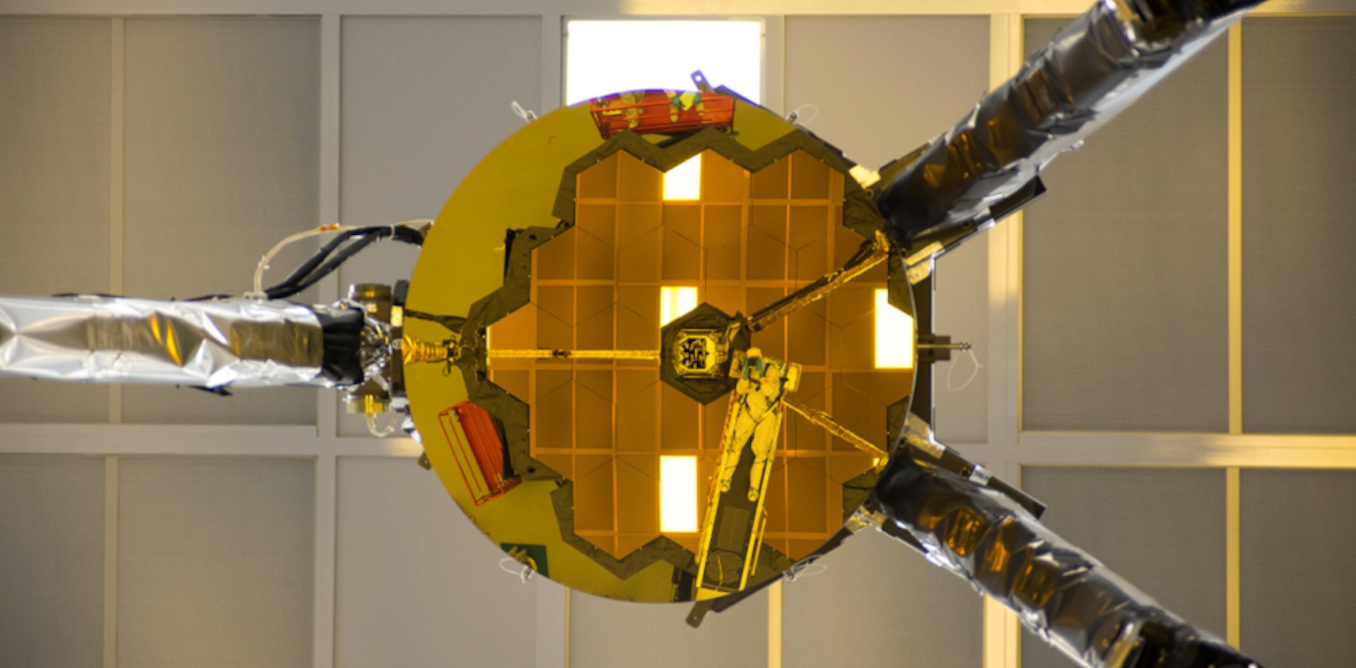
How we sharpened the James Webb telescope’s vision from a million kilometres away
After Christmas dinner in 2021, our family was glued to the television, watching the nail-biting launch of NASA’s US$10 billion (AU$15 billion) James Webb Space Telescope. There had not been such a leap forward in telescope technology…
Continue Reading
-
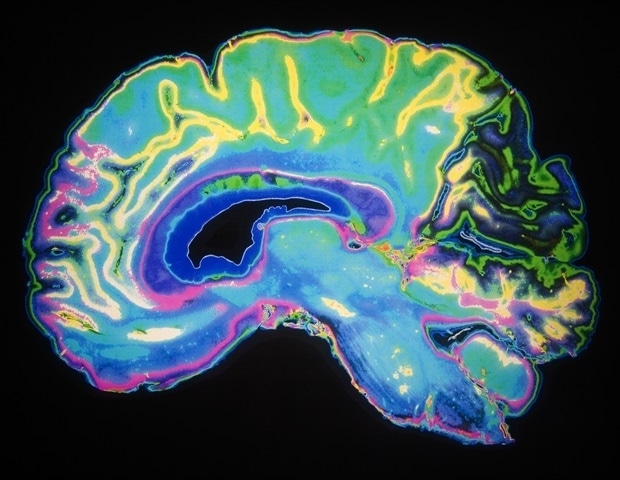
Brain activity reveals sound outperforms touch in sensing musical rhythm
How do people keep the beat to music? When people listen to songs, slow waves of activity in the brain correspond to the perceived beat so that they can tap their feet, nod their heads, or dance along. In a new JNeurosci paper,…
Continue Reading
-
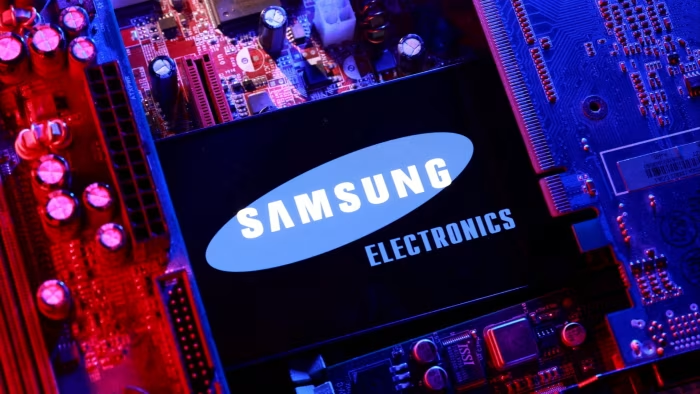
Samsung on track for highest profit in 3 years
Unlock the Editor’s Digest for free
Roula Khalaf, Editor of the FT, selects her favourite stories in this weekly newsletter.
Samsung Electronics expects to post its highest operating profit in three years on the back of high demand for memory chips used in artificial intelligence, after several quarters of tepid growth fuelled concerns it was losing ground to rivals.
The tech conglomerate on Tuesday said operating profit in the quarter ending in September rose more than 30 per cent compared with a year ago to Won12.1tn ($8.5bn).
The figure is significantly higher than the Won9.7tn forecast by analysts as compiled by Bloomberg.
Samsung’s shares rose as much as 3 per cent to a record high of Won97,500 on Tuesday. The company’s stock has rallied more than 66 per cent in the past six months as a result of the AI boom.
The South Korean chipmaker this month signed a letter of intent with OpenAI to supply semiconductors for the ChatGPT maker’s $500bn Stargate data centre project.
Samsung accounts for just over a quarter of the global market for high-bandwidth memory products, which are used in Nvidia’s most advanced AI chips, with SK Hynix and US-based Micron the other leading groups in the sector, according to consultancy TrendForce.
The numbers were released in an earnings guidance and were not broken down by division. The company expects to deliver full earnings at the end of this month.
Continue Reading
-
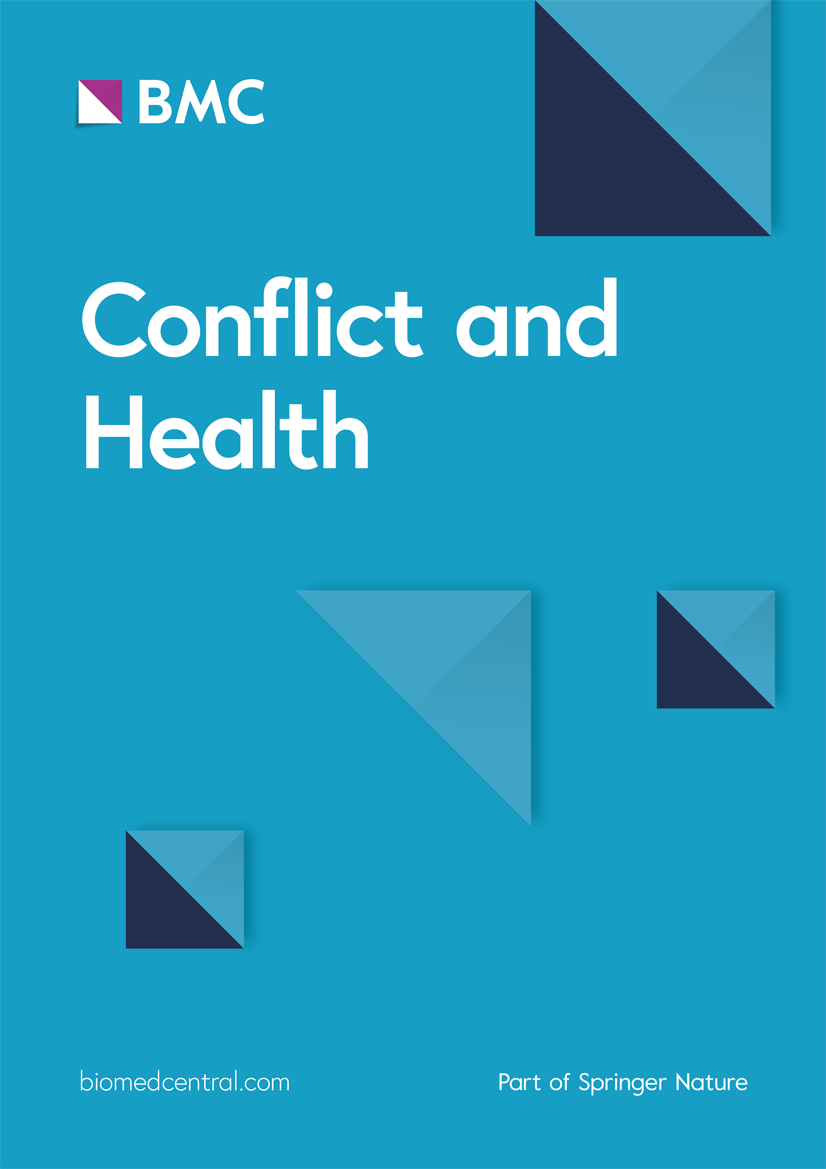
Public knowledge, attitudes, practices, and key influencing factors regarding cancer screening in Yemen | Conflict and Health
Participant demographics
The study included a total of 996 participants with varied demographic and health-related characteristics. Most participants were young adults aged 18–29 years (69.1%), followed by 17.7% aged 30–39. The gender…
Continue Reading
-
Access Denied
Access Denied
You don’t have permission to access “http://indianexpress.com/article/health-wellness/borderline-cholesterol-at-25-heart-attack-at-35-how-you-shouldnt-ignore-even-mild-spike-ldl-10305579/” on this server.
Reference…
Continue Reading
-
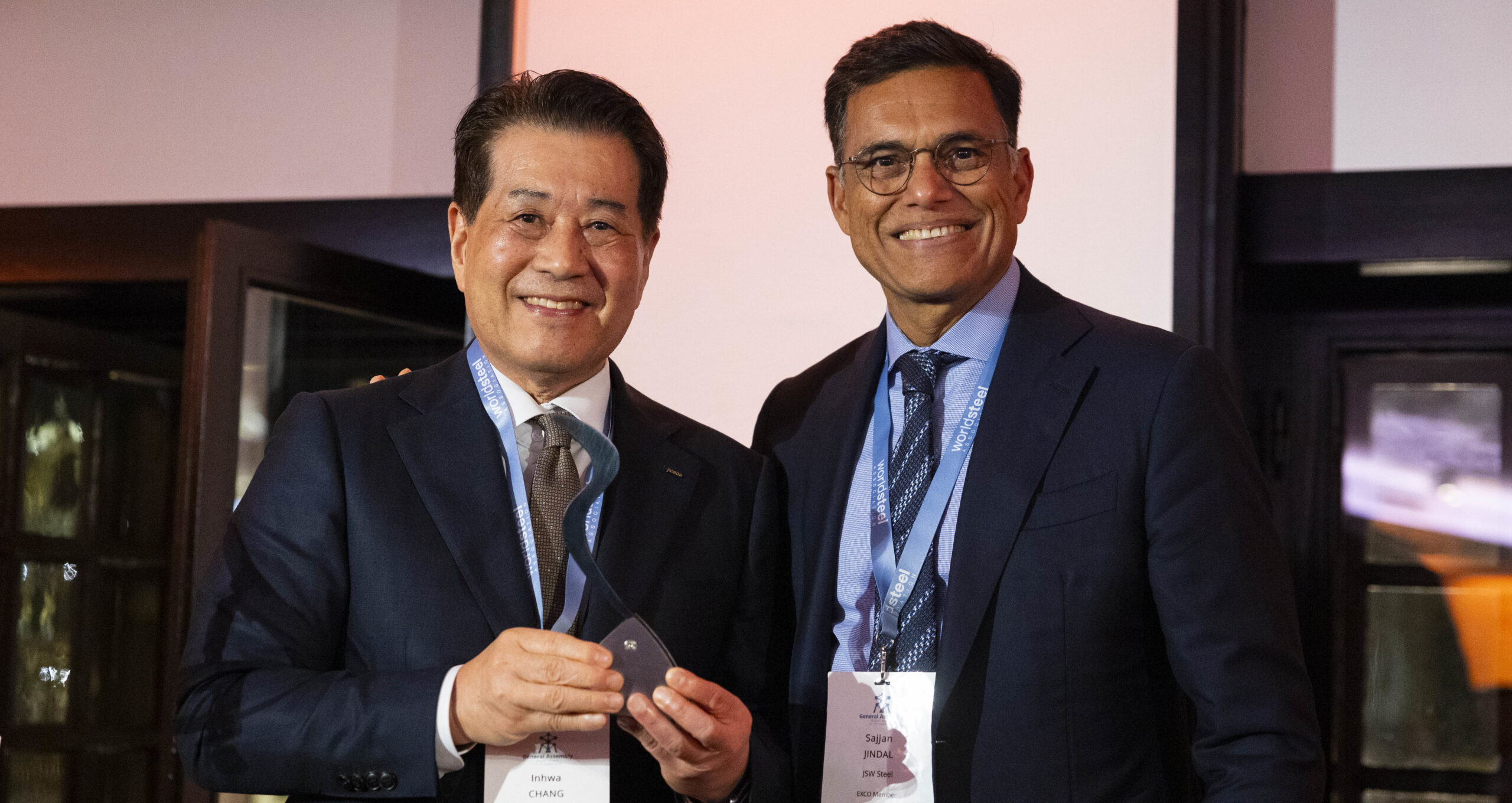
16th Steelie Awards winners announced
The Steelie Awards recognise member companies for their contribution to the steel industry over a one-year period. The selection process for the shortlist varies between awards. In most cases the submissions are requested via the appropriate worldsteel committee. Entries are then judged by selected independent expert panels. The winners and judges for each award are listed below.
Excellence in low-carbon steel production:
EMSTEEL – Pioneering low-carbon steel: EMSTEEL’s multi-lever net-zero strategy
Judges:
- Paul Brooks, Bekaert/Consultant
- Ian Cameron, Principal Metallurgist, Ferrous, Hatch
- Feng Liu, Process Pyrometallurgist, Pyrometallurgy, Hatch
- Henk Reimink, Consultant
- Neil Rose, Process Engineering Trainee, Pyrometallurgy, Hatch
- Prof. Yansong Shen, Director, SCoPE Lab for Green Metals, University of New South Wales
- Beth Valiaho, Consultant
- Professor Aidon Yang, University of Oxford
Innovation of the year:
InfraBuild – SENSE 600: Innovative lower-embodied carbon reinforcing steel solution
Judges:
Excellence in sustainability:
Ternium – Winds of change: Ternium’s first step into renewable energy in Argentina
Judges:
- Luiz Cláudio Allemand, Lawyer, Independent
- -Ing Sabina Grund, Associate Director Sustainable Development, International Zinc Association
- Danhak Gu, Policy Analyst, OECD
- Gordon Peeling, Director, Great Quest
- Professor Runa Sarkar, Indian Institute of Management Calcutta
- Jim Woods, Corporate Affairs, O-I Glass
Excellence in Life Cycle Assessment:
HBIS Group Co., Ltd. – “LCA+Life Well-Being Index” Collaborative Evaluation System: Innovating to driving marketing and application of metal decorative products.
Judges:
Excellence in people:
ArcelorMittal – Integration of army veterans and supporting the families of fallen employees
Judges:
Excellence in communications programmes:
ArcelorMittal – The Paris 2024 Olympic and Paralympic Games
Judges:
- Silvia Antonioli, Founder & Head of Content, Momo Media
- Andrew Baud, Founder & Chief Executive, TALA
- Sally Eggeling, Partner, Studio Lead, Omnicom Production
- Ian Higginson, Founder, Creative Director, MakeAlias
- John Stokes, CEO, CentreBlue
#Ends#Notes
The World Steel Association (worldsteel) is one of the largest and most dynamic industry associations in the world, with members in every major steel-producing country. worldsteel represents steel producers, national and regional steel industry associations, and steel research institutes. Members represent around 85% of global steel production.
Continue Reading
-
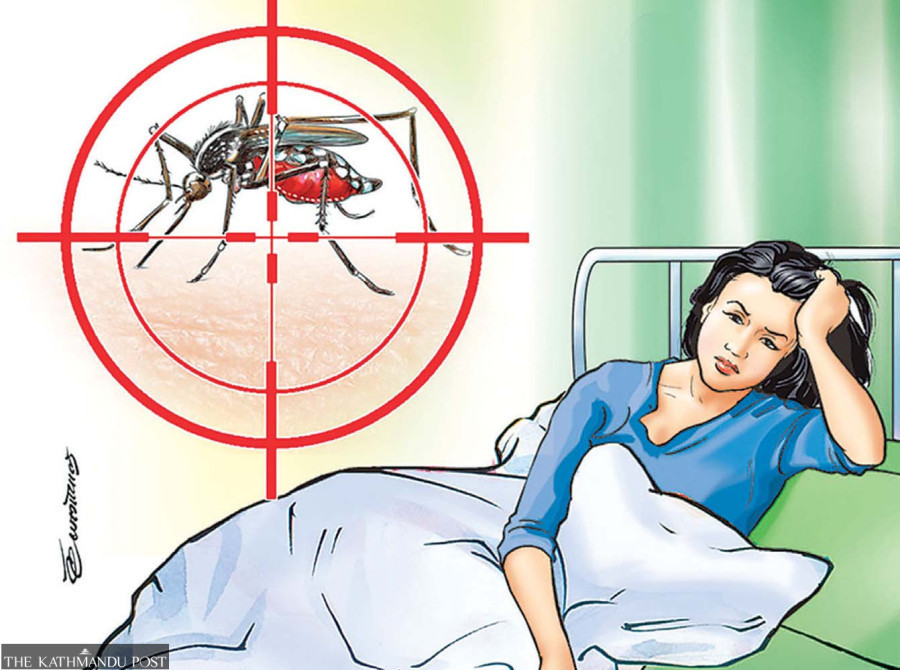
In Nepal, dengue has killed 4 and infected 5,874 since January
October 14, 2025
KATHMANDU – At least four people died and 5,874 others have been infected with dengue virus that has spread to 75 districts of the country since January.
Both deaths and infections recorded so far are fewer compared to previous…
Continue Reading
-

Fighting cancer with a tiny molecule shows big promise
Reading time: 2 minutesStefan Moisyadi (center) with his research team. A tiny molecule called a nanobody may succeed where today’s cancer drugs often fail, according to University of Hawaiʻi at Mānoa researcher Stefan Moisyadi, who has been refining the concept for nearly a decade.
“Antibodies won the Nobel Prize for immunotherapy,” said Moisyadi, a scientist at the Yanagimachi Institute for Biogenesis Research at the John A. Burns School of Medicine (JABSOM). “They work in some cancers, but not all. In colorectal cancer, they hardly work at all. But when we used nanobodies, bingo, it worked.”
The study, published in eGastroenterology, shows how Moisyadi and his team from JABSOM, the UH Cancer Center, and the College of Tropical Agriculture and Human Resilience used mRNA (messenger ribonucleic acid) to make the body produce nanobodies that block PD-L1—a molecule that helps tumors hide from the immune system. By stopping PD-L1, nanobodies allow immune cells to recognize and attack cancer.
Smaller, stronger and more affordable
Nanobodies are about one-tenth the size of regular antibodies, cheaper to make, and more resilient under stress, according to the research.
“They don’t trigger an immune response in the patient,” Moisyadi said. “They penetrate better because they’re small. They can even refold back to their original shape when conditions improve. Basically, they’re indestructible—they work much better and they’re cheaper.”
Basically, they’re indestructible—they work much better and they’re cheaper.
—Stefan MoisyadiWhile traditional antibody treatments can cost patients more than $200,000 a year, nanobody therapy—delivered as mRNA, similar to the COVID-19 vaccines—could cost only a fraction of that, making it far more accessible to patients.
“People can’t afford antibody treatments,” Moisyadi said. “Here we make an RNA version. The patient’s own cells turn it into a protein… It goes into the circulation, finds the tumor, and blocks PD-L1.”
In mouse studies, the treatment cut tumor growth by about 50%—a major result for a cancer that rarely responds to immunotherapy.
Now collaborating with the University of Maryland, Baltimore County, Moisyadi hopes to see this breakthrough continue growing from its roots in Hawaiʻi.
“This works,” he said. “We have the chance to be on the cutting edge. We need to have leaders’ buy-in because everyone here is still focused on antibodies.”
Read more at JABSOM
Continue Reading
-
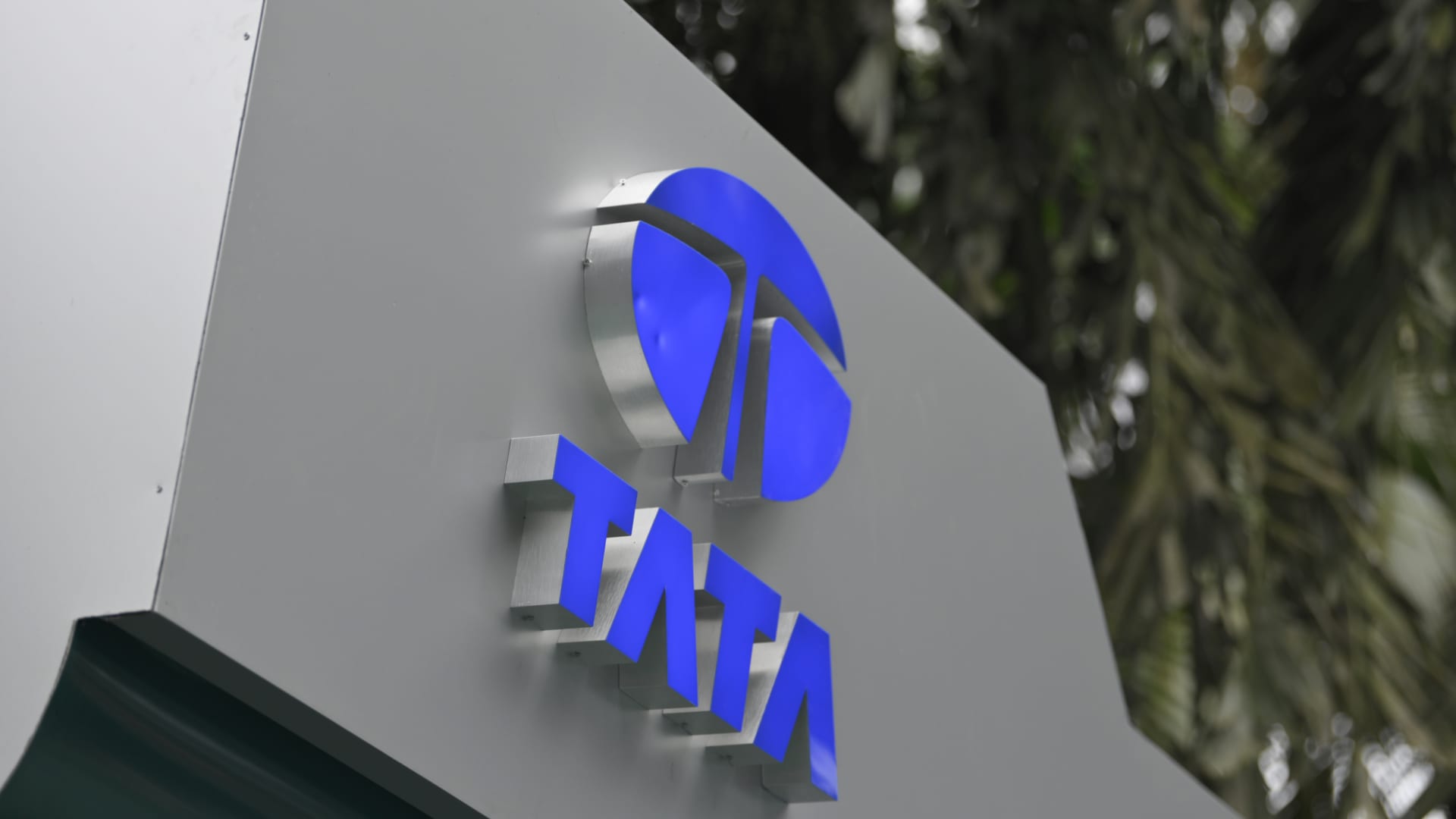
Tata Electronics buys Chinese iPhone supplier Justech’s India unit
Tata signage is visible during the launch of the TATA EV charging hub in Mumbai, India, on September 9, 2025.
Indranil Aditya | Nurphoto | Getty Images
Tata Electronics has acquired Chinese industrial firm Justech Precision’s India unit for close to $100 million, according to two people familiar with the matter, as the Tata Group subsidiary bolsters its manufacturing capacity to benefit from Apple’s focus on iPhone manufacturing in India.
The transaction was concluded in August, with HSBC Bank and HDFC Bank advising on the deal, according to the people close to the deal.
Headquartered in the city of Kunshan in Jiangsu, China, Justech Precision has been a supplier to Apple since 2008. It provides industrial equipment, such as computer numerical control machines used for precise cutting and fabrication tasks, to Foxconn, the world’s largest assembler of Apple products.
Justech Precision Industry India, incorporated in late 2019 and based in the southern Indian state of Tamil Nadu did not respond to CNBC’s requests for comments, neither did Tata Group. Tata Electronics declined to comment.
In January, Tata Electronics reportedly bought a 60% stake in Taiwanese contract manufacturer Pegatron’s India operation that operates an iPhone plant, Reuters reported. The deal’s value was not disclosed.
The acquisitions come as Tata Electronics, which began assembling iPhones in India in 2023, seeks to expand its manufacturing capacity as Apple reportedly plans to source all of the iPhones for the U.S. market from India by the end of 2026.
Apple, which still manufacturers most of its smartphones in China, has been taking urgent steps to build capacity in India with contract manufacturers Tata Electronics and Foxconn, pivoting away from China amid higher tariffs and geopolitical tensions.
Foxconn still accounts for two-thirds of India’s total iPhones shipments, with Tata making the remaining one-third, according to Neil Shah, co-founder and vice president at market research firm Counterpoint Research, who expects that market share could change soon as Tata scales up its manufacturing.
Tata currently operates two plants in the southern Indian state of Tamil Nadu and one in neighboring Karnataka, which was formerly owned by Wistron.
Made in India by 2026
Prime Minister Narendra Modi has in recent years worked to promote India as a smartphone manufacturing hub, eager to embrace Apple and use it as a symbol to attract other high-tech firms to the country for manufacturing and development.
But Apple has also faced challenges in its early experiments manufacturing in the country, most notably at a Wistron factory in Bengaluru assembling older model iPhones, which saw a labor riot in late 2020.
Apple is looking to build "highly localized" partners to become "truly diversified," instead of bringing Chinese or Taiwanese partners in India and be dependent on them, Shah said, but finding alternatives for components sourced primarily from Chinese suppliers could take years.
"It will not be a sprint to build like-for-like supplier ecosystem as it enjoyed in China, but a marathon and a step by step process," Shah added.
India will account for around 26% of global iPhone shipments by the end of 2025, up from 20% at the start of the year, according to the latest estimate by Counterpoint.
Apple's Chief Operating Officer Jeff Williams visited Justech's innovation exhibition center in Jiangsu during his trip to China in March where he pledged to continue to make large-scale investment in the country.
Continue Reading
